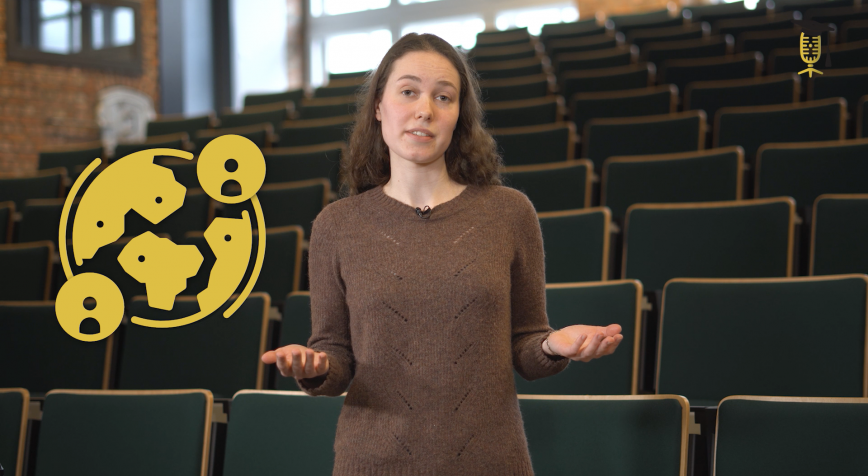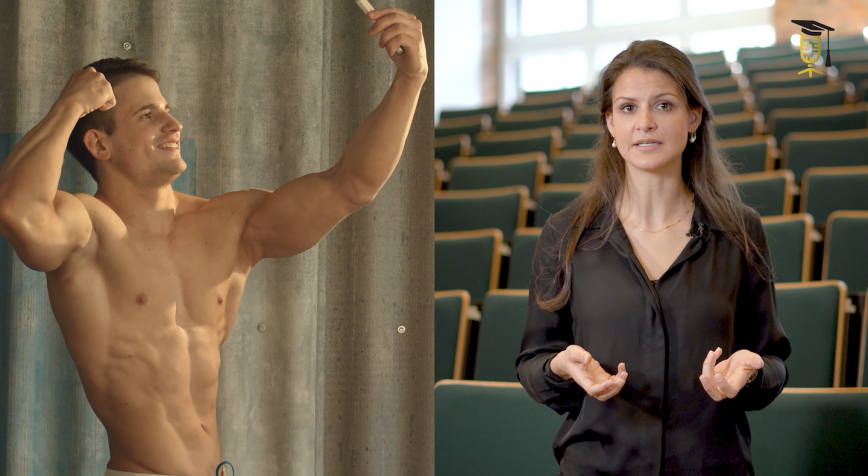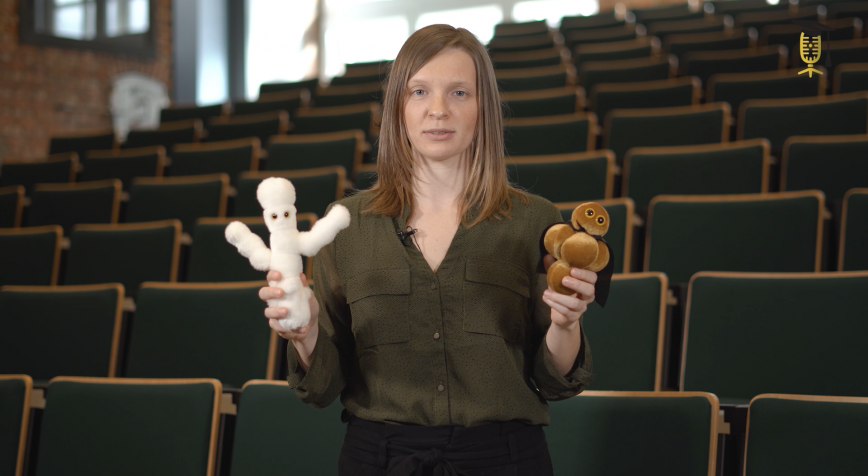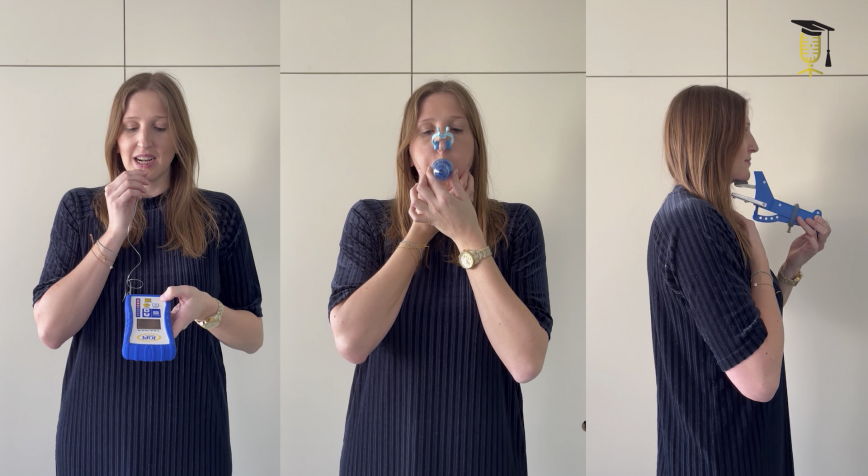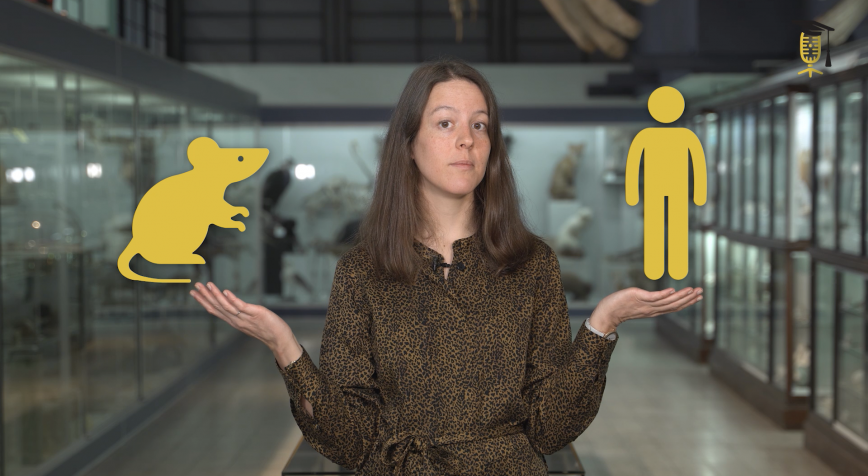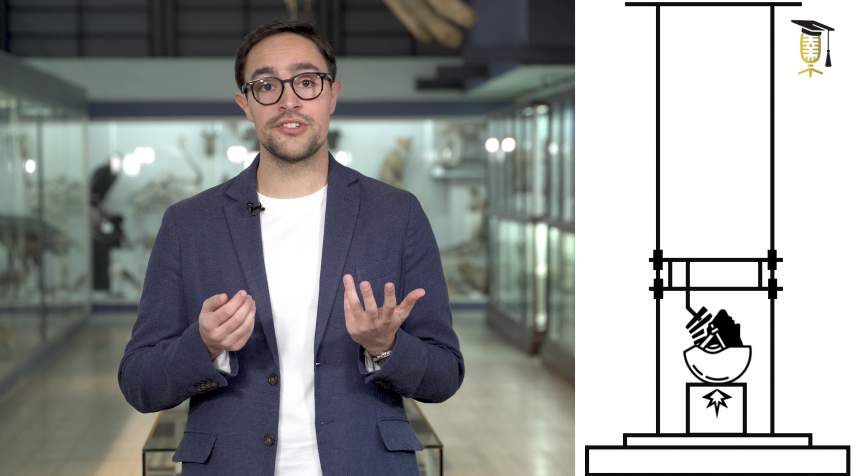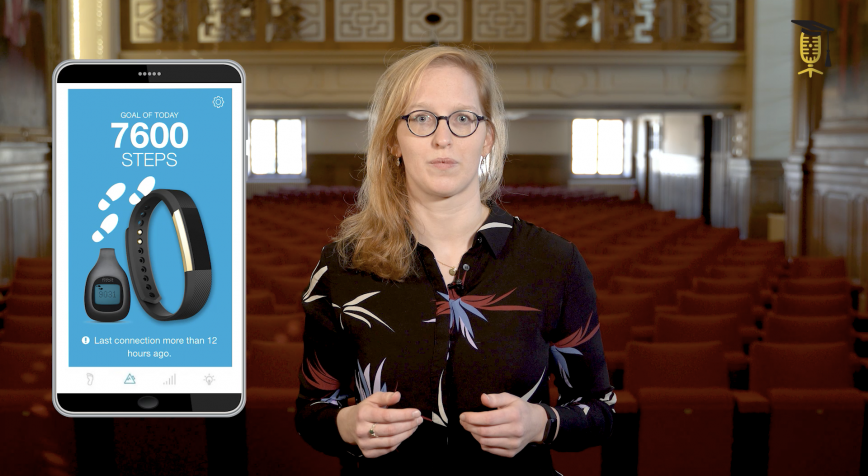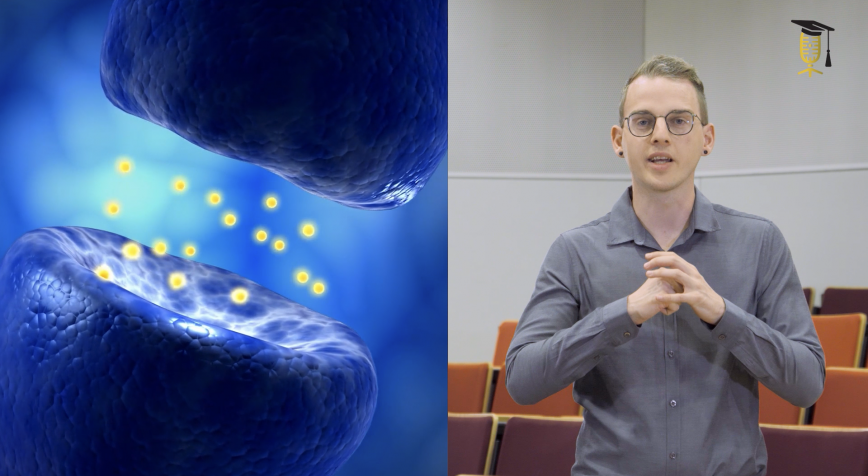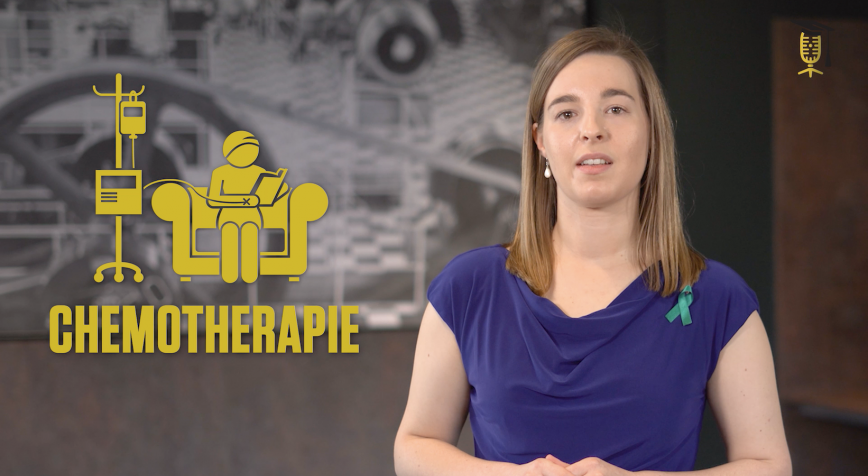
FWO
KU Leuven
Let's no longer treat every ovarian cancer patient the same way
"Each person is unique. So why do we still treat every woman with ovarian cancer the same way?" Liselore Loverix (KU Leuven - FWO) examines patient by patient and looks for errors in the DNA of their tumour cells. In this way, before treatment starts, she identifies which patient would benefit from a new, targeted therapy based on cancer drugs.
